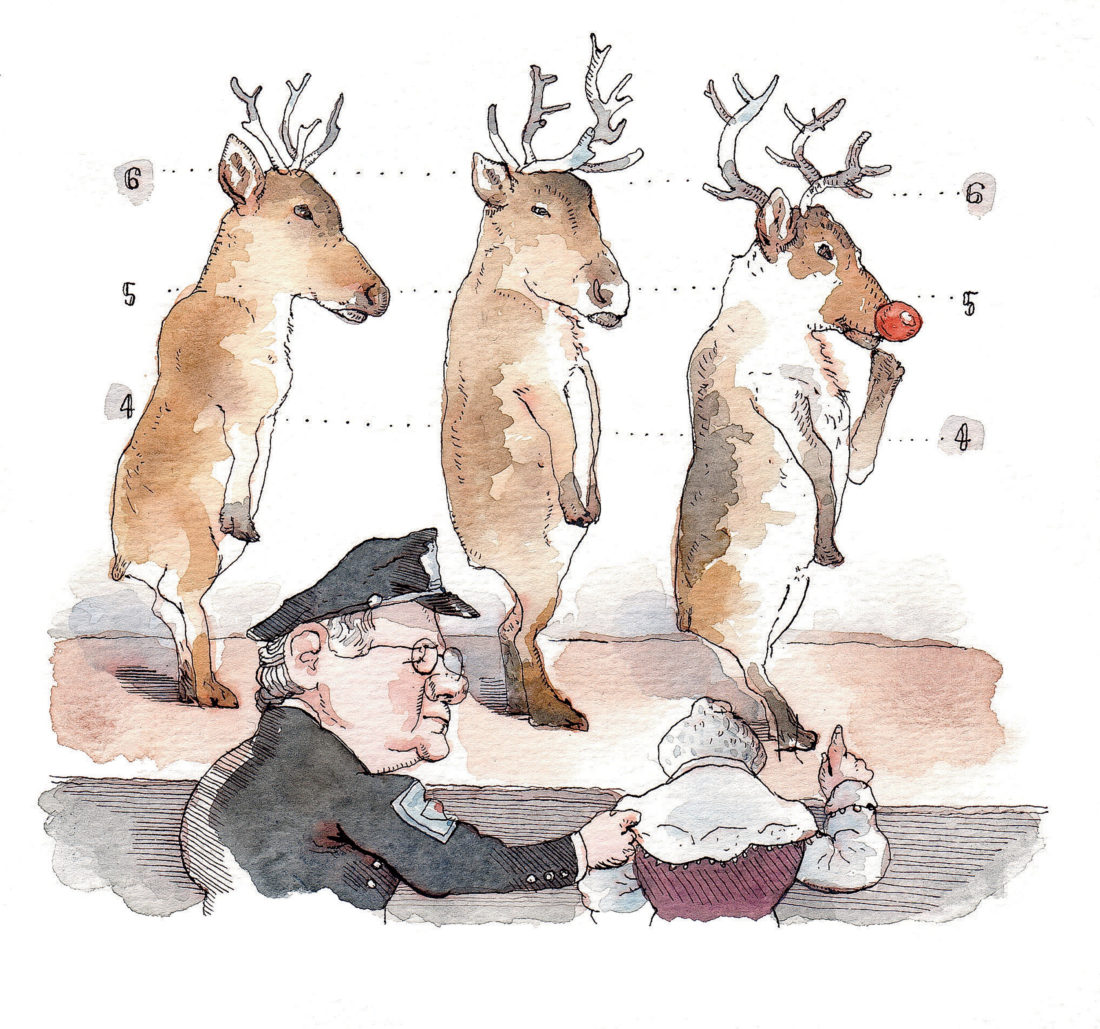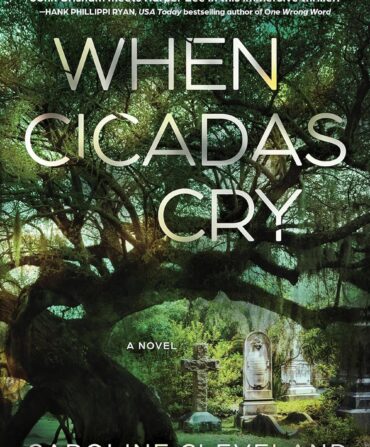Here’s how Paul Binding, author of Hans Christian Andersen: European Witness, explains the timeless appeal of Andersen’s story “The Ugly Duckling”: “All of us know moments of oppressive solitude of the soul. What we want most at such times is the assurance that we are not unique in our emotions, that others have the same yearnings, have suffered similarly.”
So why don’t we hear, over and over at this time of year, the old Elmo & Patsy song “Percy, the Puny Poinsettia”? Its theme is much like that of “The Ugly Duckling”: an unappreciated outlier is more than he seems. (See also “Rudolph the Red-Nosed Reindeer” and “Away in a Manger.”) Percy, a less than robust potted plant, is left forlorn as Christmas shoppers snap up all his friends. If you’ve ever had a product out (a book, say) during the holiday season, a product that just sat there as more popular ones flew out of the store, you have suffered similarly. But then, awww, a poor little crying girl sees Percy, and asks if she can have him, and she takes him home, and he flourishes, standing proud next to the Christmas tree.
The store, no doubt, would rather Percy had captured the heart of a rich little smiling girl, who could pay. But from Percy’s viewpoint, he has become a swan. No longer on the shelf, at any rate, and as the lyrics go, “Even a plant with no uncle or aunt shouldn’t spend Christmas Day by himself.”
“Percy, the Puny Poinsettia,” however, is not the Elmo & Patsy song that keeps coming back year after year. The Elmo & Patsy evergreen is, of course, “Grandma Got Run Over by a Reindeer.” According to a 2013 Harris Poll, that ballad of Christmas Eve catastrophe was number nine on the list of songs “people most look forward to each holiday season.”
Why? I would point to its first stanza, which becomes its chorus, a masterpiece of compression. These four crisply metrical and yet easy, colloquial lines not only sum up the action, the occasion, and the theme. They also introduce at least eight characters—who are not just dragged in for rhyme’s sake, like Percy’s nonexistent uncle and aunt.
First line, a reindeer runs over Grandma. That’s the catastrophe, bang, and two characters. Second line, the victim was walking home from “our” house Christmas Eve. That adds a son or son-in-law, a daughter or daughter-in-law, and at least one grandchild. Two lines, five characters, so far. Third line, “You can say there’s no such thing as Santa,” adds “you” (the listener) and Santa. Fourth line, “But as for me and Grandpa, we believe,” brings in the eighth character (“me” has been implied already) and what I would identify as the theme.
I say “at least” eight characters. You could propose the likelihood of more than one grandchild and reindeer, not to mention the legion of unbelievers encompassed in “you.” But that’s venturing into fuzzy speculation. Let’s get down to thematics.
I have long maintained that the quintessential Southern joke is about the old boy who was asked whether he believed in infant baptism. “Believe in it?” he replied. “Hell, I’ve seen it done.” That credo fuses faith and evidence into a Möbius strip, one side forever.
The first stanza of “Grandma Got Run Over by a Reindeer” nearly pulls off the same trick, with this further twist: You would expect belief in Santa to be bolstered by an event of generosity and joy, not by a tragic accident. This is like “I know our marriage must have been real, ’cause Marcella got the house.”
But let’s face it, that stanza leaves loose ends. Grandma was run over by a, single reindeer? How does that happen? Maybe it was a rogue reindeer, not one of Santa’s purported nine, calling the grounds for faith into question. And if Grandma did get sideswiped by just Blitzen, say, was it a hit-and-run?
A Christmas song would be a puny poinsettia indeed with just one stanza, so several others follow. And unlike the aforementioned joke, they raise more questions than they answer. Something about “Claus marks on her back”? What’s that? We are left dissatisfied. And so, according to that same Harris Poll, “Grandma Got Run Over by a Reindeer” is the number two song (“Jingle Bells” being the first) that by the end of the season, “people wish they could never hear again.”








